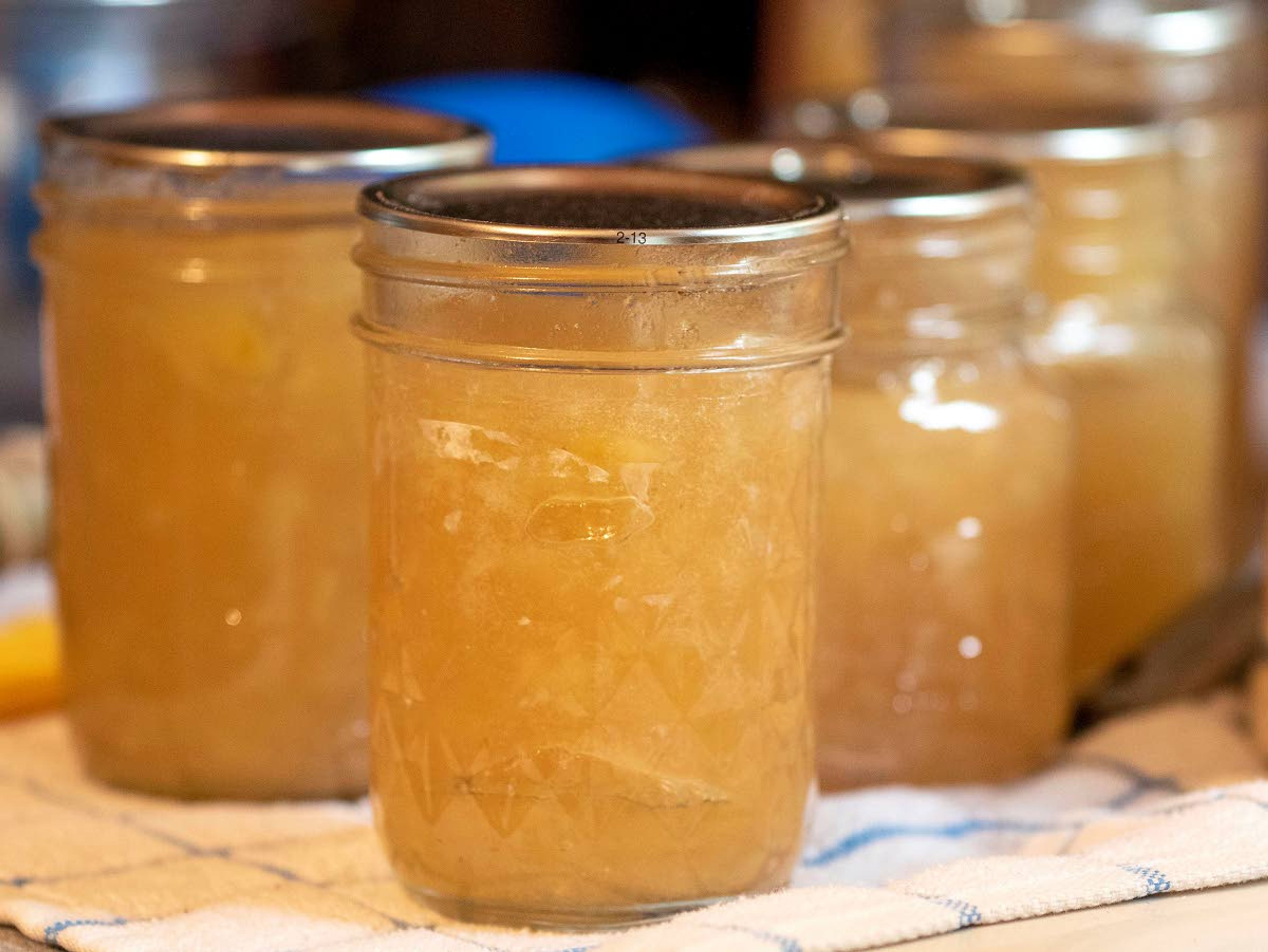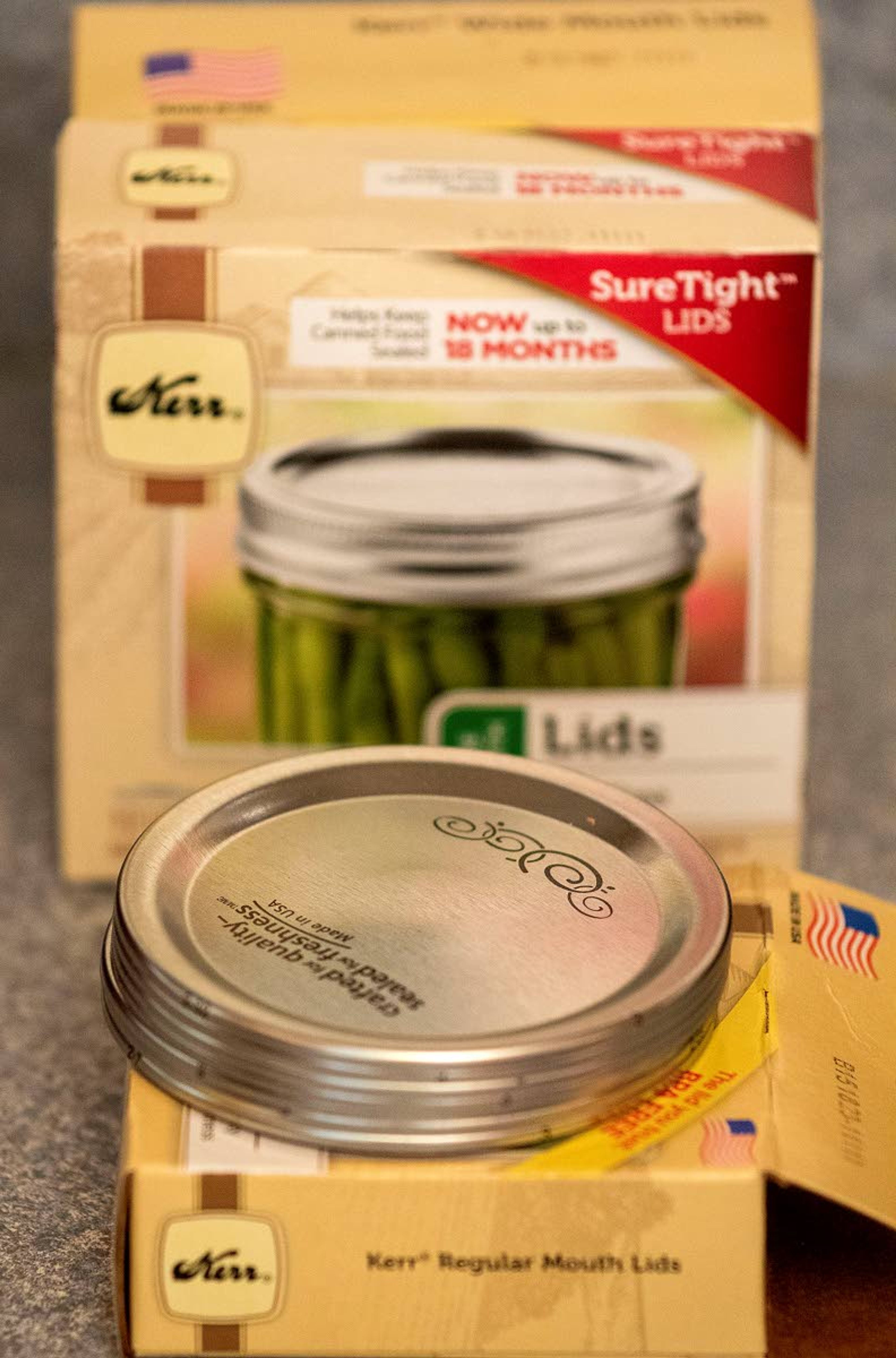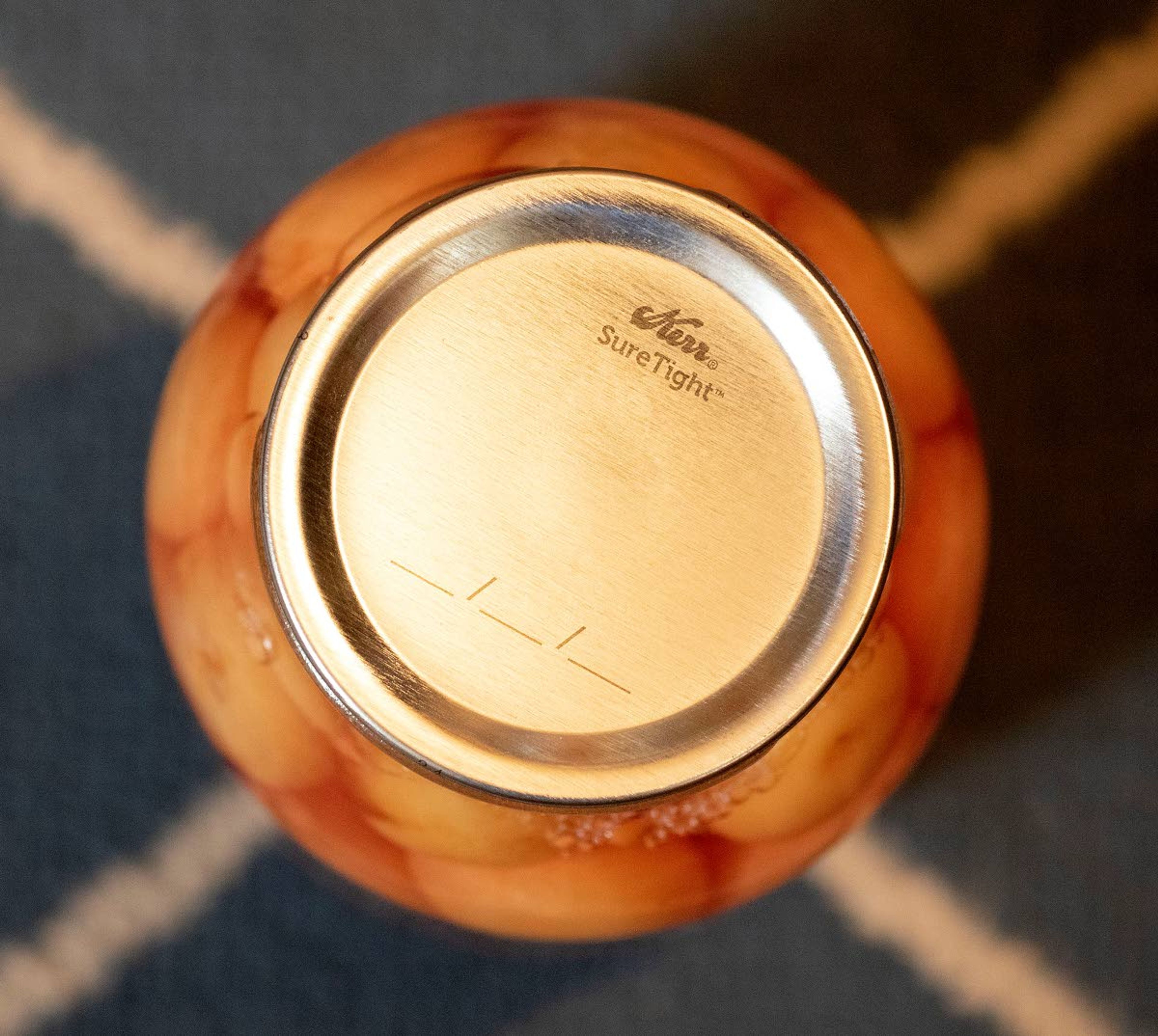Canning supplies in short supply
People on the Palouse wanting to preserve food at home are scrambling to find lids
Garden harvest season is in full swing on the Palouse, but its arrival has some growers scrambling to figure out how to preserve their food.
A national canning supplies shortage has affected the availability of canning equipment at local retailers, making it difficult to purchase some canning supplies — specifically canning lids — in grocery and hardware stores.
“It’s becoming very apparent that there’s a really big problem,” said Stephanie Smith, a Washington State University consumer food safety specialist. “If supply starts coming in, they might start showing up on the shelf, but there won’t be that many — kind of like with the toilet paper shortage. People might be going to multiple stores to try to find a package of lids.”
To make matters even trickier for can shoppers, a recent surge of price-gouging and spam sale websites on the internet has made online shopping for canning supplies difficult, Smith said.
Back in March when Idaho, Washington and other states across the country enacted COVID-19 safety precautions and nonessential business closures, people began to take increased interest in home food preservation techniques. Large-scale purchases at grocery stores became common because people wanted to make sure they had something in their freezer or food pantry.
“The pandemic made people think about their food access,” said Surine Greenway, University of Idaho Family and Consumer Sciences Extension educator.
Even though it’s difficult to consistently find canning supplies at the moment, Greenway said she suggests people purchase reusable canning lids and look for supplies at thrift stores. She also said she wants people to remember there are multiple methods for preserving food.
“I understand if I dehydrate my green beans, it’s going to give me a very different product than if I can or freeze them,” she said. “But they will still be preserved.”
Greenway said her extension office at UI, as well as other area resources, are always happy to provide advice and answer questions related to home food production and preservation.
“There are a lot of questionable practices going on and we want to encourage people to preserve their food, but to do so safely,” she said.
Ellen Dennis can be reached at (208) 883-4632 or by email at briefs@dnews.com.










